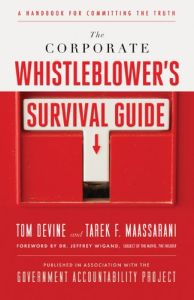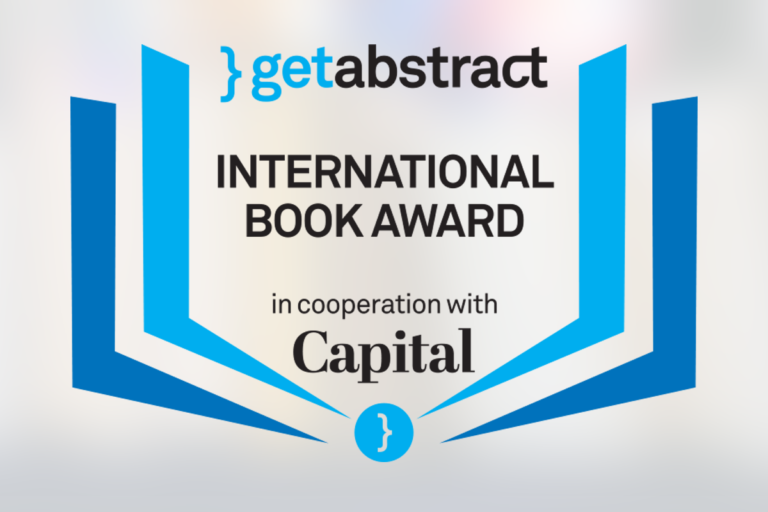Rejoignez getAbstract pour lire le résumé !

Rejoignez getAbstract pour lire le résumé !
Tom Devine and Tarek F. Maassarani
The Corporate Whistleblower's Survival Guide
A Handbook for Committing the Truth
Berrett-Koehler, 2011
Aperçu
If you’re tempted to ignore corporate wrongdoing, don’t. But protect yourself if you do blow the whistle.
Recommendation
Whistleblowers travel a difficult and sometimes dangerous road. In their book, Tom Devine and Tarek F. Maassarani teach you how to report corporate crime and protect yourself in the process. Dr. Jeffrey Wigand – the famous whistleblower whose scientific testimony severely damaged tobacco companies – suggests replacing the term “whistleblower” with “Person of Conscience.” No matter what you call them, whistleblowers often bravely sacrifice their careers, livelihoods, equanimity and sometimes even their physical well-being to reveal private or public malfeasance. While most companies are honest, research shows that half of all employees witness corporate misdeeds. However, 40% do not do anything about what they've learned. This permits miscreants to do tremendous harm to their companies and it deprives law enforcement of its most powerful weapon: "crime reports by individuals." This informative, case-filled book will help would-be whistleblowers who need to learn how to safeguard themselves, and to corporate leaders who should know that “it is bad business to kill or silence the messenger.”
Summary
About the Authors
Tom Devine is the legal director of the Government Accountability Project and a member of the Freedom of Information Act Hall of Fame. Tarek F. Maassarani is a former Government Accountability Project investigator. He now teaches at the George Washington University.



















Comment on this summary